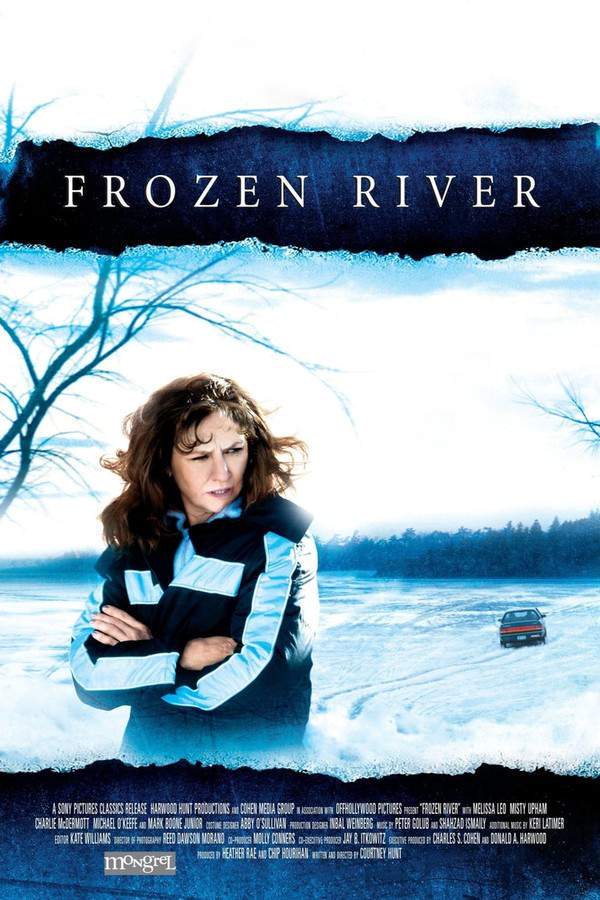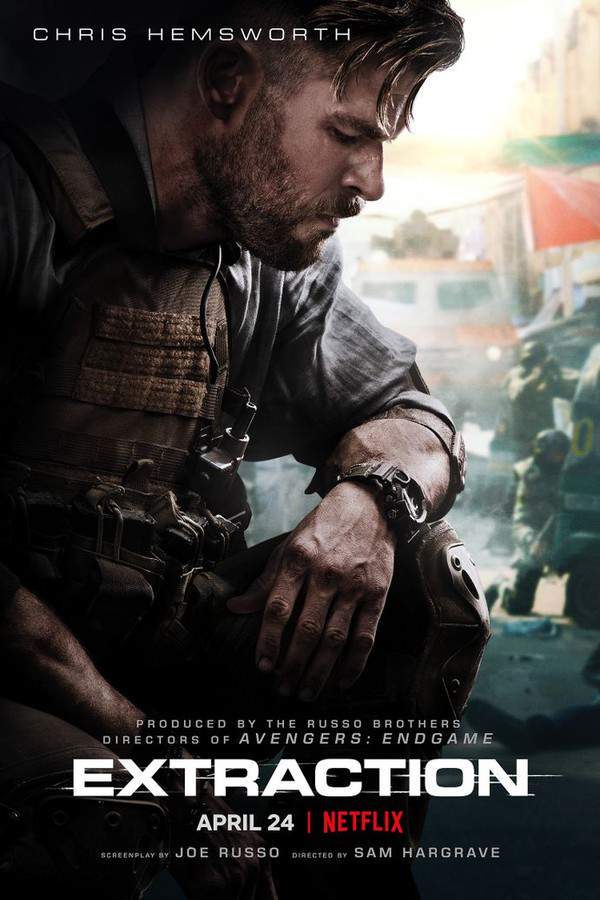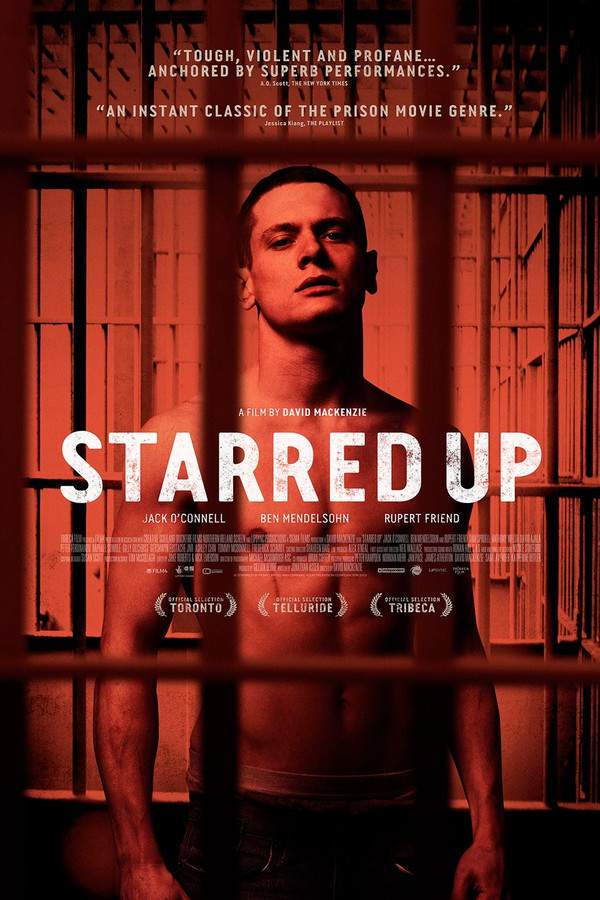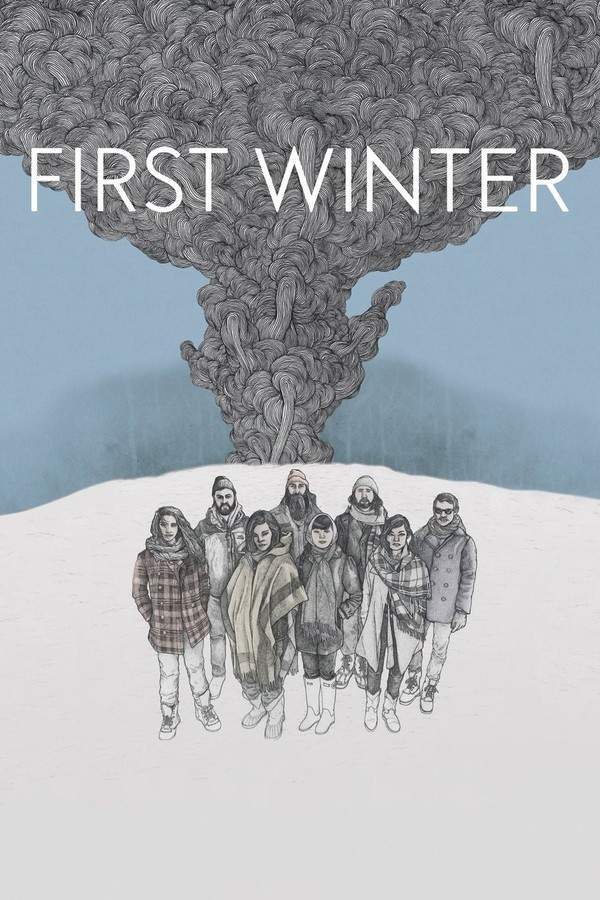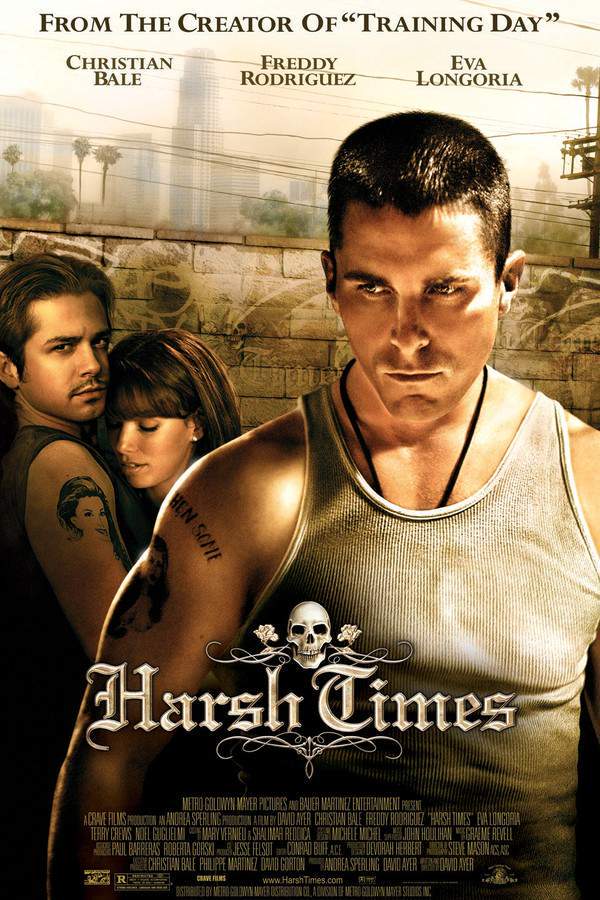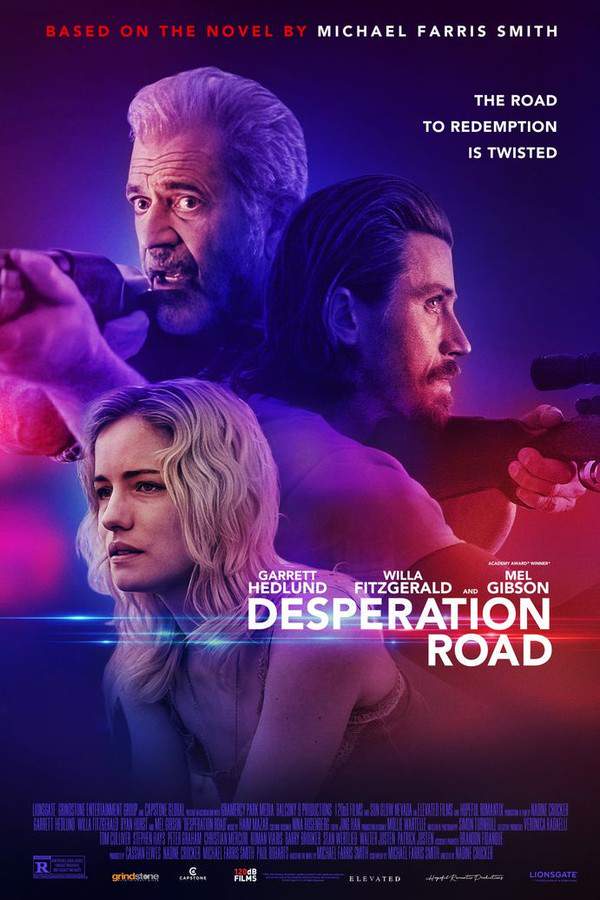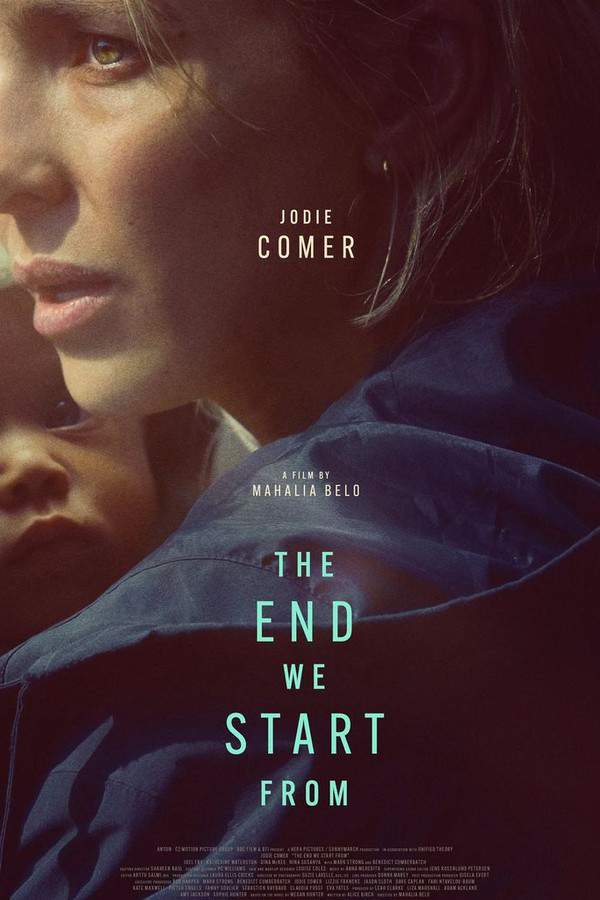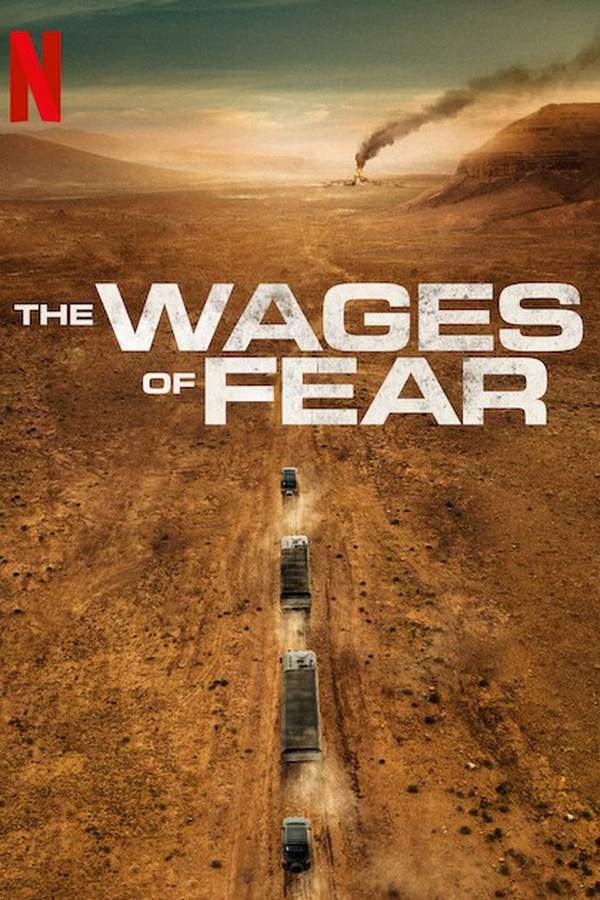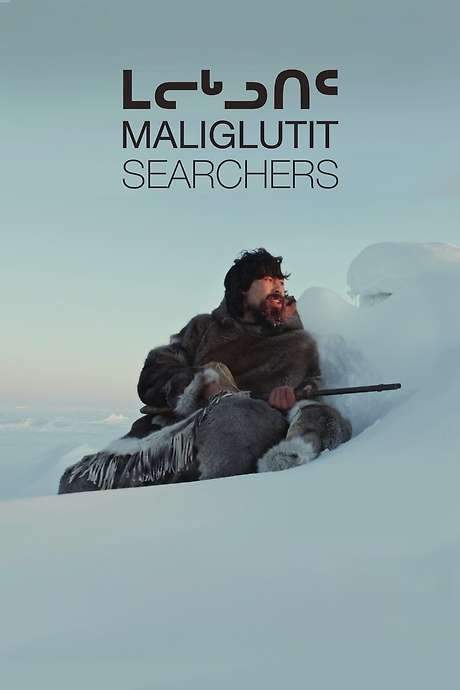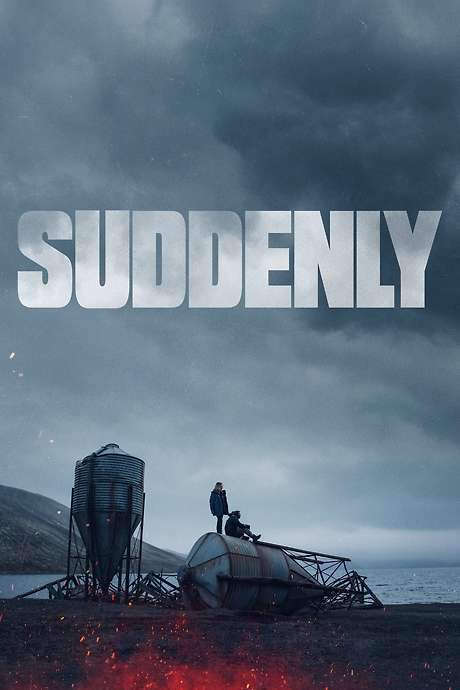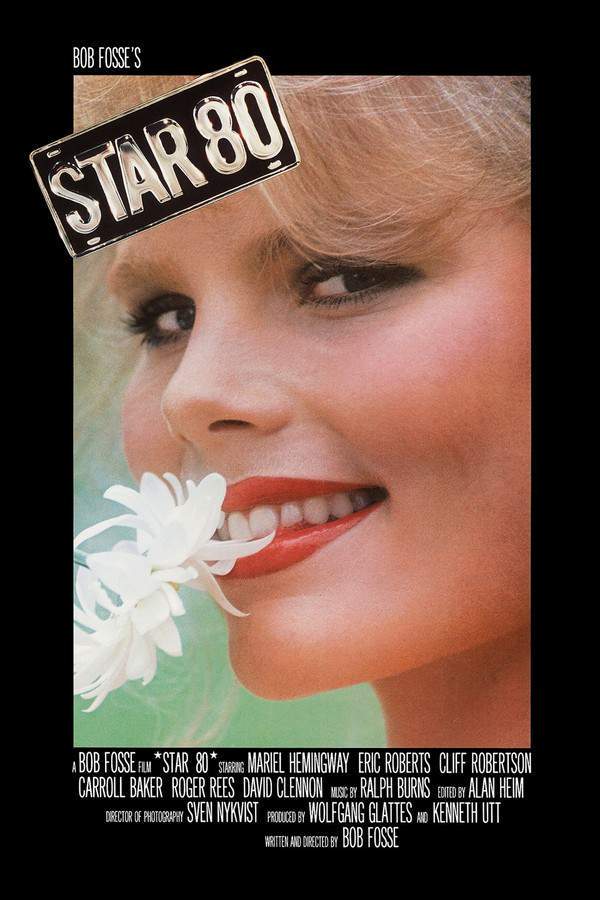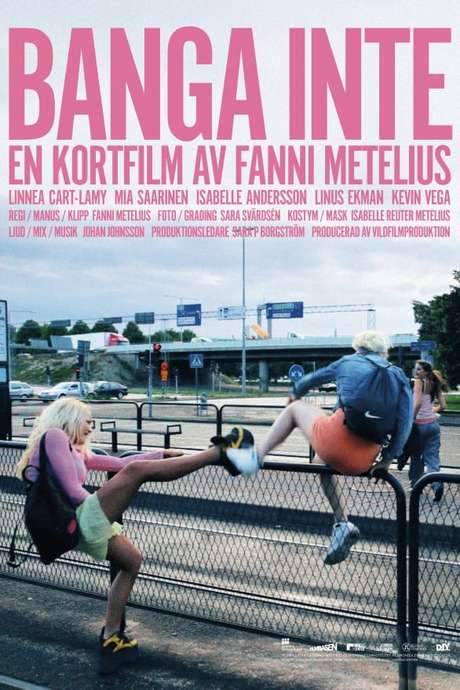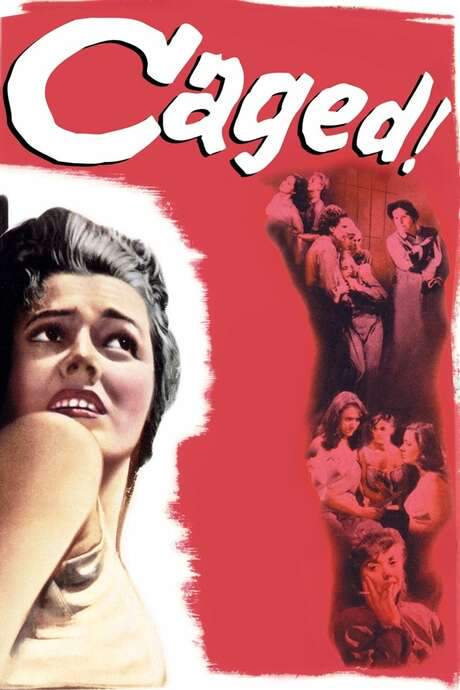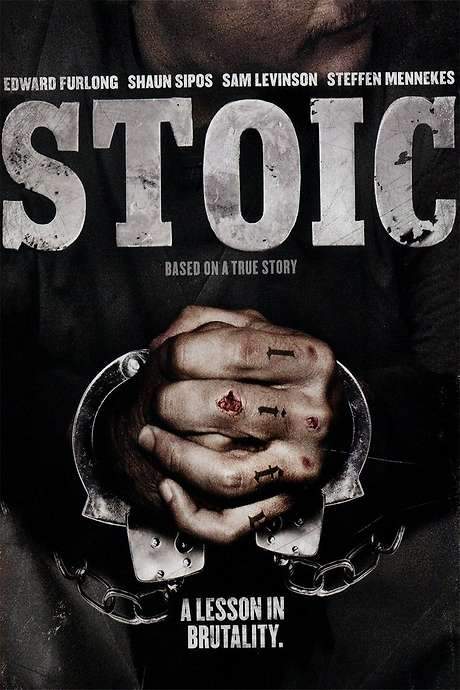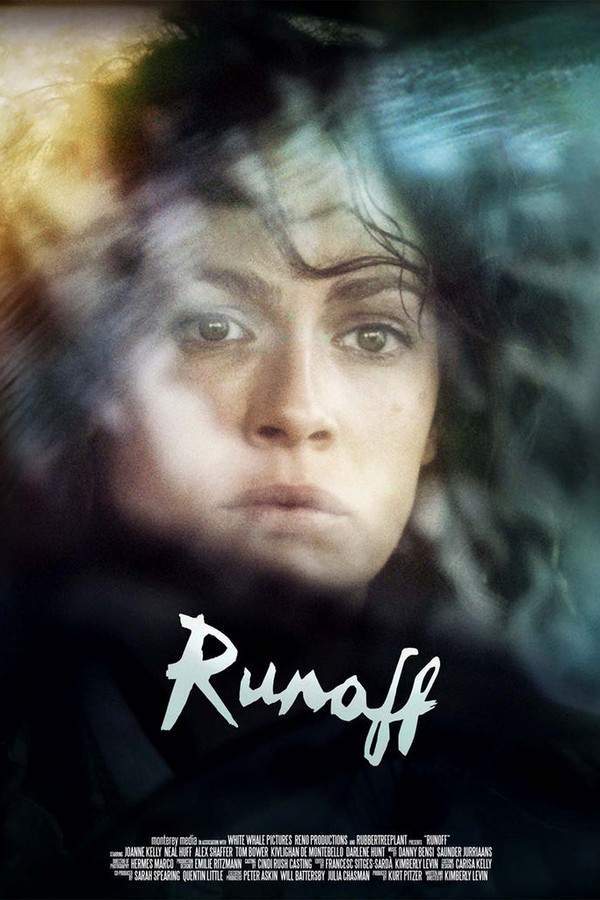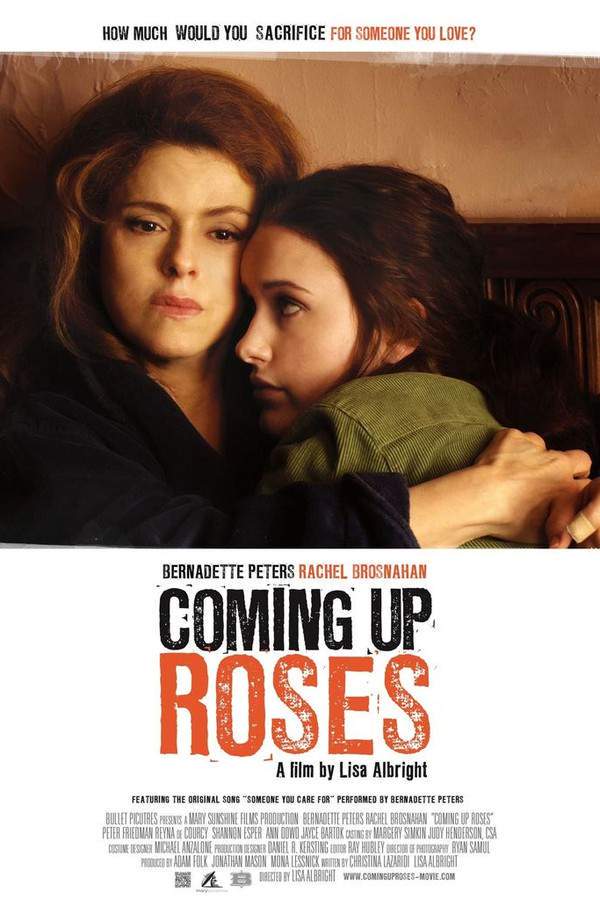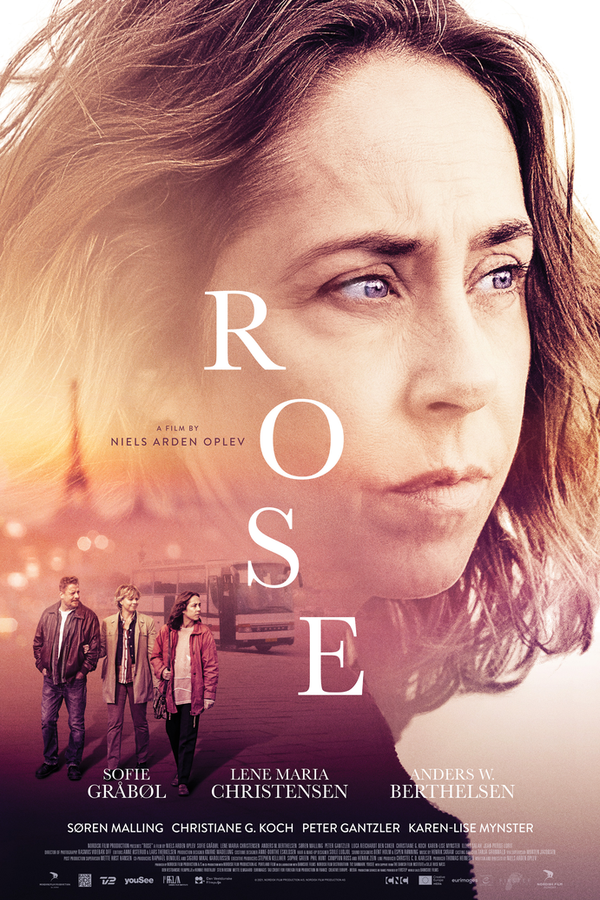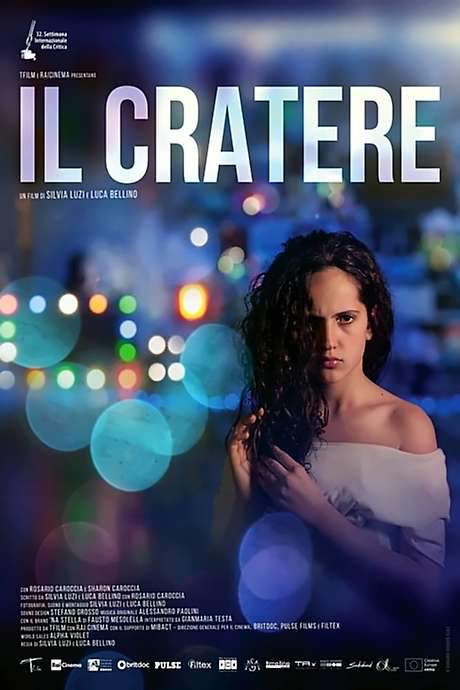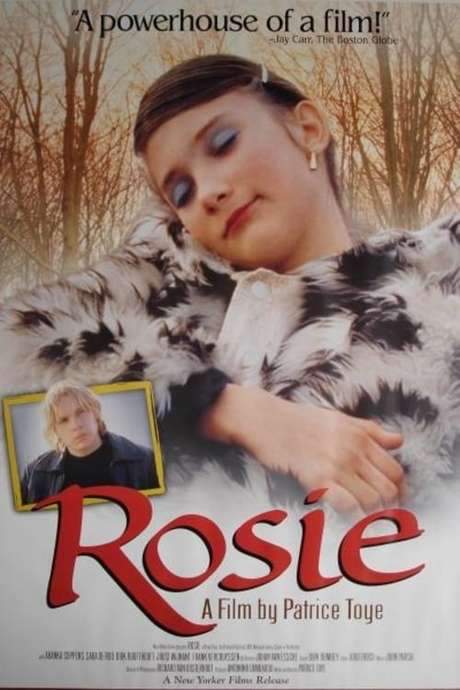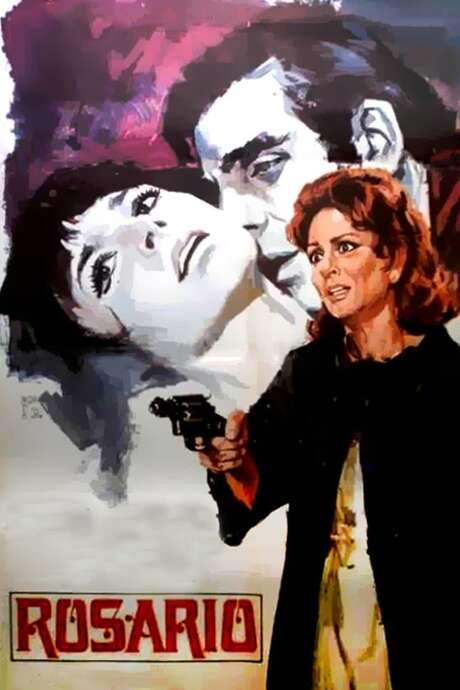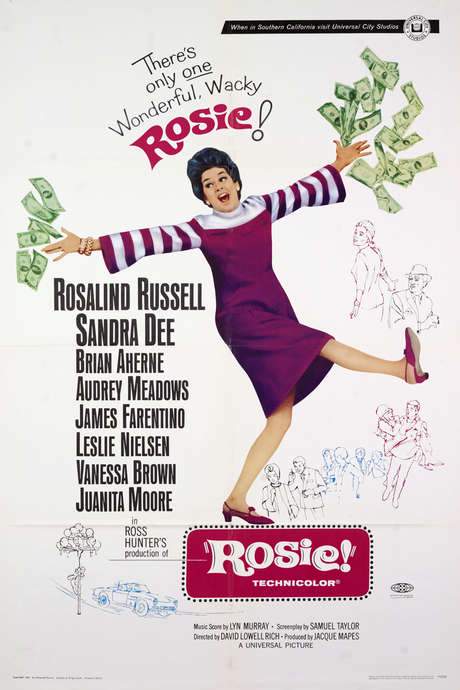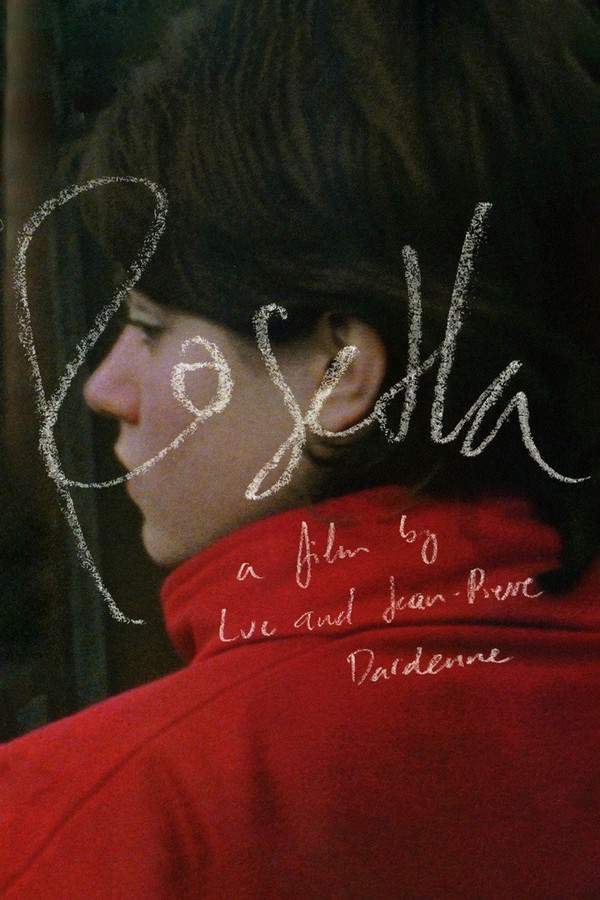
Rosetta
Year: 1999
Runtime: 95 min
Language: French
Directors: Jean-Pierre Dardenne, Luc Dardenne
In a rundown trailer park, seventeen-year-old Rosetta struggles to break free from a life of poverty and her mother's addiction. Facing constant setbacks and closed doors, she desperately seeks a way to escape the cycle of despair. A glimmer of hope appears with Riquet, a waffle vendor who offers her kindness and understanding. Their connection provides a fragile sense of possibility, but navigating their circumstances proves difficult as Rosetta fights for a brighter future.
Warning: spoilers below!
Haven’t seen Rosetta yet? This summary contains major spoilers. Bookmark the page, watch the movie, and come back for the full breakdown. If you're ready, scroll on and relive the story!
Rosetta (1999) – Full Plot Summary & Ending Explained
Read the complete plot breakdown of Rosetta (1999), including all key story events, major twists, and the ending explained in detail. Discover what really happened—and what it all means.
Rosetta faces a turning point when her probation ends without a hire, and she responds with a quiet, growing resolve that soon turns into a tense, stubborn struggle with the people around her. Returning to the Grand Canyon caravan park where she lives with her alcoholic mother, she witnesses a home life that blends hard labor with fragility: her mother mends worn clothes to sell to charity shops, yet the two are pulled into conflict whenever money or affection slips through their fingers. A clash over the mother accepting gifts from men for sexual favors exposes their precarious dependence on even the smallest acts of mercy, and the tension between them spills into the air like a static charge.
To survive, Rosetta improvises with her hands and her grit. She heads to a river to lay out fish traps and poaches trout for food, a stark reminder of the limits of welfare and unemployment payments in her world. The search for work becomes a daily ritual—she refuses welfare, searches vacancies, and keeps her options open, moving from place to place until she encounters a waffle stand and its quiet, watchful owner. She befriends the stand’s worker, Riquet, and asks the owner for a job, only to be met with silence and a lack of opportunity. The day-to-day grind weighs on her, and a moment of personal pain—period cramps—drives her to treat herself with pain relievers and a hairdryer, a small act of self-care in a world that offers little mercy.
A surprising visit from Riquet changes the rhythm of her days. He explains that a colleague was fired and that a position might be hers, yet the conversation also pulls Rosetta into the messy web of her mother’s life—her mother’s promiscuity, tied to alcoholism, prompts Rosetta to suggest rehab, even as her mother denies an addiction and resists help. A physical fight erupts between mother and daughter, and in the ensuing chaos, her mother runs away, nearly drowning Rosetta in the river by the caravan park. The crisis pushes Rosetta to seek shelter for the night with Riquet, a moment that deepens their uneasy rapport. In the dim light of an awkward evening, Rosetta discovers a waffle iron in his possession. He tries to coax her into dancing, but her cramps put an abrupt end to the moment. Lying in bed, she clings to the sense that perhaps her life has started to function, even if only barely.
At work, the fragile balance is disturbed when Rosetta is replaced after three days by the owner’s son, who has squandered chances at school. The news hits hard, but the owner offers a glimmer of possibility—she’ll be contacted if something arises again—so she continues her search, moving between longing and practicality. She keeps Riquet company at the stand, and he offers to pay for a waffle, an act she rejects as charity and as a reminder of her independence.
The quiet ecosystem of their budding alliance is tested while they fish together. A misstep—Rosetta mistakes a motorcycle engine for the janitor and lobs her traps into the pond—results in Riquet tumbling into the water as he helps her search. Later, she learns that Riquet has been selling his own waffles during business hours, doing an under-the-table job by helping with the batter. She confronts the owner with the truth, and Riquet is dismissed; he chases Rosetta on a moped to demand answers about her motives. She admits she wanted a job, and that she hadn’t intended to save him, but he counters that she did help him, and lets her go, leaving a sting of betrayal and unresolved feeling between them.
The following day, Riquet buys a waffle from Rosetta while she works, and the barrier between them thickens as she can barely meet his gaze. When she returns home, she finds her mother unconscious and inebriated in front of the trailer. She drags her inside, tucks her to bed, and makes the difficult call to quit her job from a payphone, the sense of control slipping through her fingers again.
Back at the trailer, the tension boils over into a desperate act: she turns on the gas and intends to end their shared misery, trying to asphyxiate both of them. The gas runs out before the plan can finish itself, forcing Rosetta to seek help and purchase a new canister from the landlord. The weight of the moment is heavy as she hauls the heavy canister through the yard. Riquet arrives on his moped, circling her in a tense standoff. In a moment of breaking, she collapses in tears, and Riquet steadies her, helping her to stand again. As she looks at him with a fragile, renewed composure, the scene lingers on the fragile thread that connects them—two people caught in a struggle to find some measure of life and possibility in a world that resists both.
This story moves with the quiet, brutal honesty of a life lived on the edge of notice, where every decision—whether to fight, to work, to quit, or to keep going—feels charged with consequence. It follows Rosetta not as a symbol of rebellion alone, but as a young woman trying to craft a future from limited means, amid fractured family ties, precarious employment, and a landscape that tests her resolve at every turn.
Last Updated: October 09, 2025 at 15:44
Explore Movie Threads
Discover curated groups of movies connected by mood, themes, and story style. Browse collections built around emotion, atmosphere, and narrative focus to easily find films that match what you feel like watching right now.
Raw survival stories like Rosetta
Gritty stories of characters pushed to their absolute limits by poverty and circumstance.If you were captivated by Rosetta's unflinching portrayal of struggle, explore more movies like it. This thread gathers gritty dramas about characters pushed to the brink, fighting for survival against poverty, addiction, and systemic hardship, all with a heavy emotional weight.
Narrative Summary
These narratives often follow a linear, straightforward path of increasing hardship, where characters face a relentless series of setbacks. The journey is defined by a primal fight for stability, exploring themes of betrayal, isolation, and the moral compromises made when pushed to the edge.
Why These Movies?
They are grouped by their shared commitment to a raw, tense, and oppressive mood. The pacing is steady and deliberate, building a suffocating atmosphere that mirrors the characters' desperate circumstances, creating a coherent experience of high-intensity emotional realism.
Intense character studies like Rosetta
Unflinching films that plunge you into a single character's claustrophobic reality.For viewers who appreciated the deep immersion into Rosetta's perspective, this thread collects similar movies. Find other intense character-driven dramas where the filmmaking places you directly inside the protagonist's anxious and oppressive world, sharing their every struggle.
Narrative Summary
The narrative is typically straightforward, driven less by complex plot twists and more by the character's immediate, visceral reactions to their environment. The story unfolds through their point of view, emphasizing internal conflict and the psychological toll of their situation, often leading to an ambiguous or bittersweet resolution.
Why These Movies?
They share a specific cinematic approach: a handheld, intimate camera style and a narrative that mirrors the protagonist's limited options. This creates a cohesive vibe of unease and immediacy, making the viewer feel trapped within the character's struggle.
Unlock the Full Story of Rosetta
Don't stop at just watching — explore Rosetta in full detail. From the complete plot summary and scene-by-scene timeline to character breakdowns, thematic analysis, and a deep dive into the ending — every page helps you truly understand what Rosetta is all about. Plus, discover what's next after the movie.
Rosetta Timeline
Track the full timeline of Rosetta with every major event arranged chronologically. Perfect for decoding non-linear storytelling, flashbacks, or parallel narratives with a clear scene-by-scene breakdown.

Characters, Settings & Themes in Rosetta
Discover the characters, locations, and core themes that shape Rosetta. Get insights into symbolic elements, setting significance, and deeper narrative meaning — ideal for thematic analysis and movie breakdowns.

Rosetta Spoiler-Free Summary
Get a quick, spoiler-free overview of Rosetta that covers the main plot points and key details without revealing any major twists or spoilers. Perfect for those who want to know what to expect before diving in.

More About Rosetta
Visit What's After the Movie to explore more about Rosetta: box office results, cast and crew info, production details, post-credit scenes, and external links — all in one place for movie fans and researchers.

Similar Movies to Rosetta
Discover movies like Rosetta that share similar genres, themes, and storytelling elements. Whether you’re drawn to the atmosphere, character arcs, or plot structure, these curated recommendations will help you explore more films you’ll love.
Explore More About Movie Rosetta
Rosetta (1999) Scene-by-Scene Movie Timeline
Rosetta (1999) Movie Characters, Themes & Settings
Rosetta (1999) Spoiler-Free Summary & Key Flow
Movies Like Rosetta – Similar Titles You’ll Enjoy
Never Goin' Back (2018) Detailed Story Recap
Rosie (2019) Story Summary & Characters
Runoff (2015) Full Movie Breakdown
Coming Up Roses (2012) Detailed Story Recap
Rose (2023) Ending Explained & Film Insights
Crater (2017) Full Summary & Key Details
Rocca Changes the World (2019) Ending Explained & Film Insights
Roselyne and the Lions (1988) Detailed Story Recap
Rosie the Riveter (1944) Complete Plot Breakdown
Everything’s Rosie (1931) Movie Recap & Themes
Cesar and Rosalie (1972) Movie Recap & Themes
Rosie (1998) Ending Explained & Film Insights
The Rose Tattoo (1955) Complete Plot Breakdown
Rosario (1971) Movie Recap & Themes
Rosie! (1967) Plot Summary & Ending Explained

